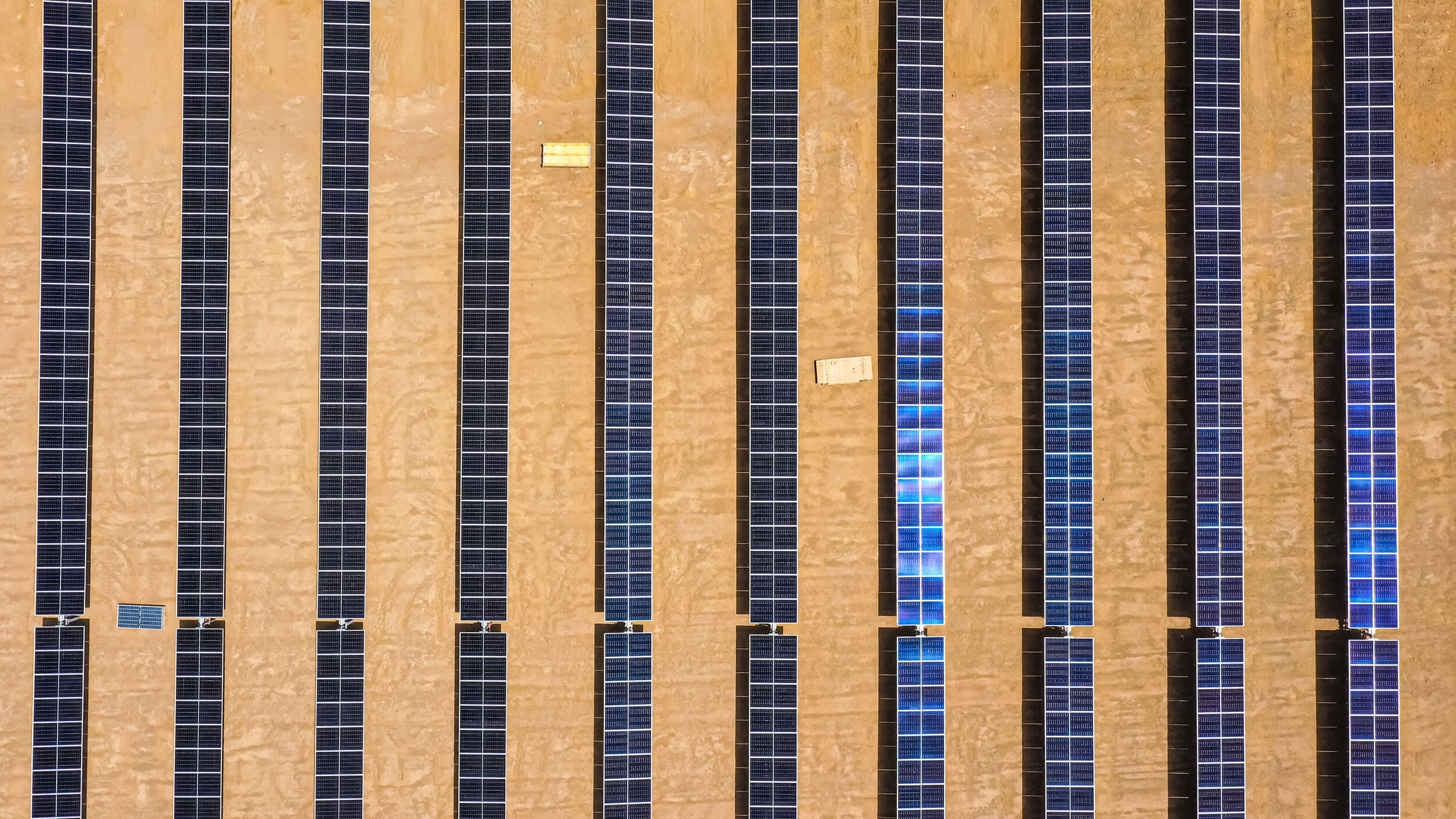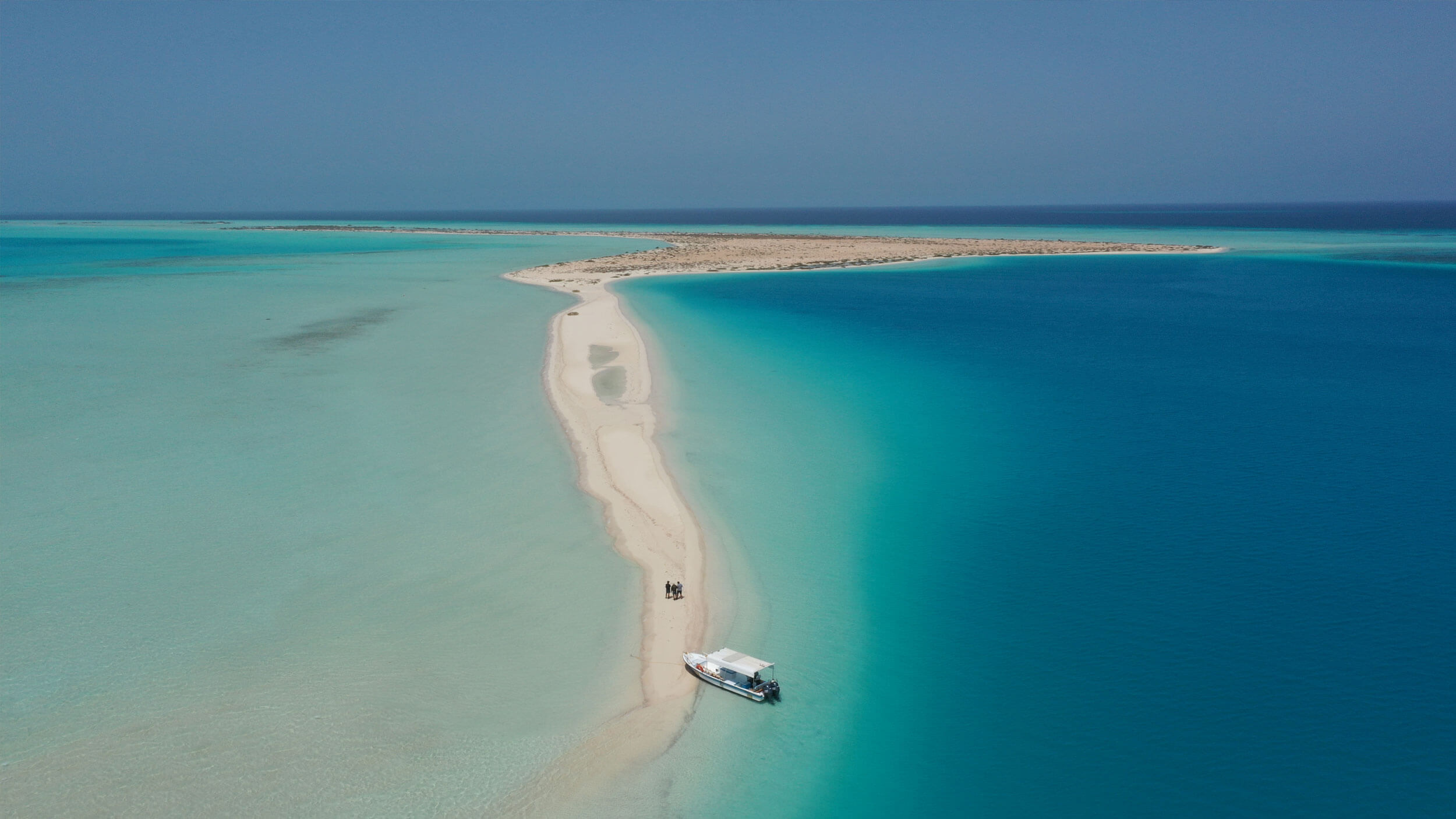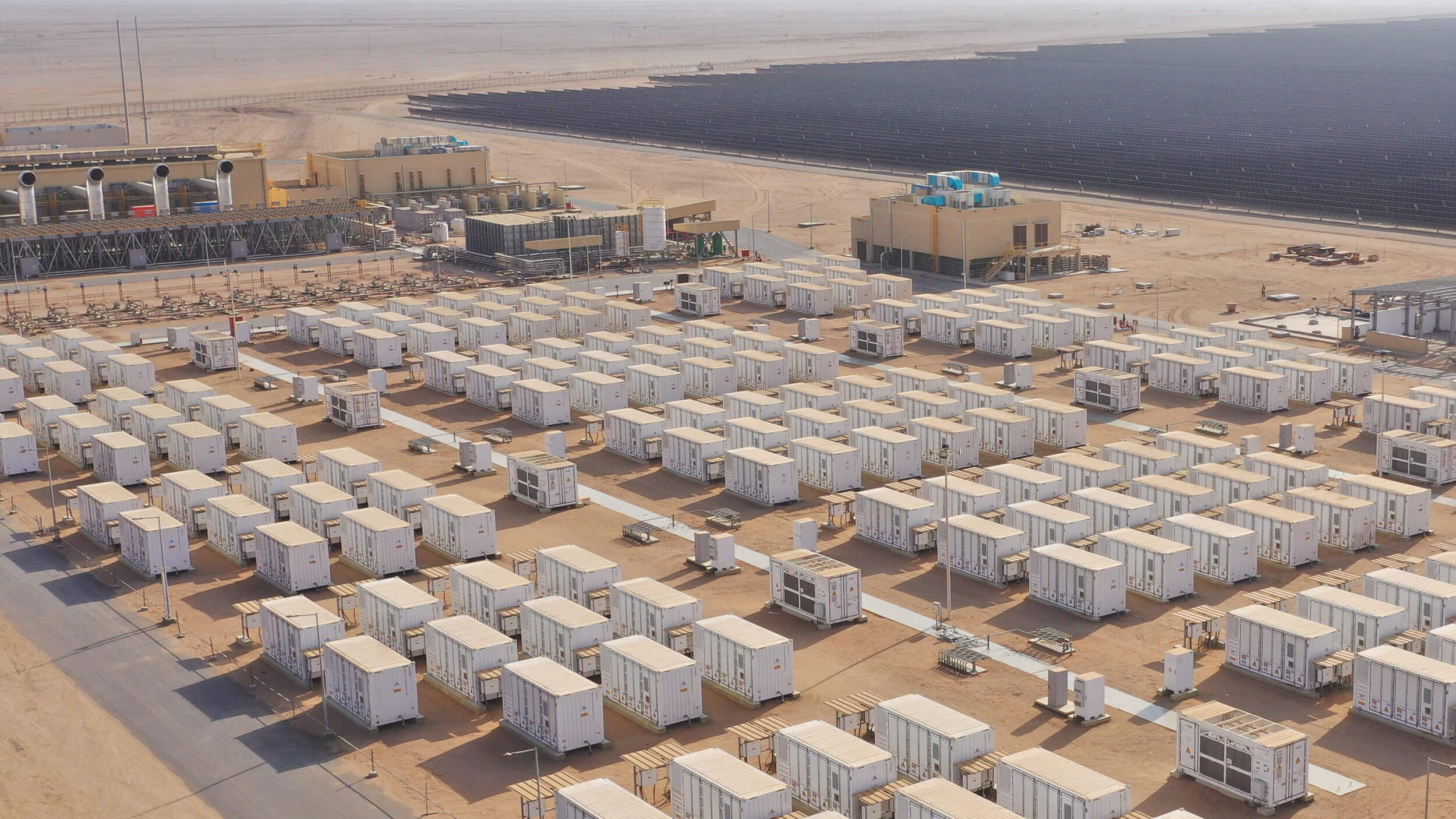It’s an irony that our love of holidays in the sun is indirectly contributing to climate change. Tourism accounts for an estimated 8–11 per cent of global greenhouse gas emissions1. Radical action needs to be taken: to keep global warming to no more than 1.5C – as called for in the Paris Agreement – emissions need to be reduced by 45 per cent by 2030 and reach net zero by 2050.
In the effort to move away from fossil fuels, solar is one of the key sources of renewable energy coming to the fore. No longer is it simply an emerging technology; it is now a valued component in our global energy mix. In 2020, almost 3 per cent of global electricity generation came from solar power.2 In 2022, this grew to 4.5 per cent.3 That makes solar the third largest renewable source globally,4 after hydroelectric and wind, although it is expanding at a much faster rate than any other renewable energy source.5
Tourism accounts for an estimated 8-11 per cent of global greenhouse gas emissions.

Red Sea Global has installed 760,000 solar panels to date
Barriers to solar investment and infrastructure typically fall into three categories: the cost of installing the technology; the space required for the infrastructure; and the need for a reliable supply of sunlight. One country where money, space and sunshine are all abundant is Saudi Arabia. It is the 17th largest economy in the world,6 the 13th largest country in the world7 by land mass, but only the 40th largest by population.8 Added to this, the Saudi capital, Riyadh, enjoys an average of 3,230 hours of sunlight every year.9
Vision 2030 Saudi’s Planned Capacity (Gigawatts)10
Notes: Initial 2023 Target followed Vision 2030 in 2016; both the Revised 2023 Target of 27.3 GW and the 2030 Target of 58.7 GW is based on renewable energy target announcements in 2019. Other includes Concentrating Solar Power (CSP).6
The kingdom is starting to make significant investments in renewables as part of Vision 2030, the plan to diversify the Saudi economy away from dependence on fossil fuels. It has set itself the goal of deriving half of all its energy from renewable sources by 2030.10 The country is also investing heavily in tourism as a way of further reducing its reliance on oil revenues. The government says it will create 1mn jobs in the industry by 2030,11 growing tourism’s share of GDP to 10 per cent.12
One of the kingdom’s so-called “giga projects” is The Red Sea, a new tourism destination on the country’s west coast. When complete in 2030, it will number 50 hotels spread across 28,000 sq km including an archipelago of 90 islands and inland sites. With a marketing vision of ultra-luxury yet sustainable tourism, its developer, Red Sea Global (RSG), has set out to make it the world’s largest destination run solely on renewable energy.
Red Sea Global (RSG) has set out to make it the world’s largest destination run solely on renewable energy.

RSG has set out to make The Red Sea the world’s largest destination run solely on renewable energy
“We have no connection to the power distribution system in the kingdom. We are generating our own power solely by the sun. We did that because we want to demonstrate to the world that there is a better way – that the technology exists,” says John Pagano, Group CEO of Red Sea Global.
Earlier in 2023, RSG announced it had installed the infrastructure needed to power the first phase of the destination, numbering more than 760,000 photovoltaic panels across five solar farms. That’s more than 10sq km of land dedicated to solar power generation – an area about one-and-a-half times the size of Gibraltar. RSG is also building one of the world’s largest battery energy storage systems, with a capacity of 1,300 MWh, to ensure the destination can be powered by sunlight, day and night.
We are generating our own power solely by the sun. We did that because we want to demonstrate to the world that there is a better way – that the technology exists.
John Pagano, Group Chief Executive of Red Sea Global

The developer has dedicated more than 10 sq km of land to solar power generation
“We wanted to change the narrative and let the actions speak for themselves,” says Pagano. “If we do this and we’re successful, others will have to follow, either through peer pressure, which is very compelling because the consumers are king when it comes to where they choose to spend their money, or because ultimately more adoption and competition will bring the costs down.”
RSG estimates that The Red Sea and its other major destination under development, Amaala, will together avoid 1mn tonnes of CO2 emissions each year. That’s roughly equivalent to the average annual emissions from almost 200,000 cars.13 Achieving net zero emissions will be necessary to avert catastrophic climate change. And getting there in time to meet the goals of the Paris Agreement will require massive, transformative action across the global economy. The role of tourism in this transition was highlighted by António Guterres, the UN Secretary-General, on World Tourism Day in September 2023, when he spoke of the need for green investments to build a cleaner tourism sector.
RSG estimates that The Red Sea and Amaala will together avoid 1mn tonnes of CO2 emissions each year. That’s roughly equivalent to the average annual emissions from almost 200,000 cars.
Achieving net zero emissions will be necessary to avert catastrophic climate change. And getting there in time to meet the goals of the Paris Agreement will require massive, transformative action across the global economy. The role of tourism in this transition was highlighted by António Guterres, the UN Secretary-General, on World Tourism Day in September 2023, when he spoke of the need for green investments to build a cleaner tourism sector.
Governments and businesses must invest in sustainable and resilient tourism practices. Private actors must adopt zero-emission pathways and lower their energy consumption.
António Guterres, the UN Secretary-General
“Governments and businesses must invest in sustainable and resilient tourism practices. Private actors must adopt zero-emission pathways, lower their energy consumption and leverage renewable forms of energy,” he said.
Saudi Arabia may seem like an unlikely participant in this process, but oil is not the only resource it possesses in abundance. If it can continue harnessing the power of the sun to transform industries such as travel and tourism, there could be hope yet.
Sources
- https://wttc.org/news-article/wttc-launches-groundbreaking-net-zero-roadmap-for-travel-tourism
- https://www.c2es.org/content/renewable-energy/#:~:text=Solar%20photovoltaics%20are%20the%20fastest,percent%20of%20the%20world%27s%20electricity
- https://www.iea.org/energy-system/renewables/solar-pv
- https://www.iea.org/energy-system/renewables/solar-pv
- https://www.iea.org/news/renewable-electricity-growth-is-accelerating-faster-than-ever-worldwide-supporting-the-emergence-of-the-new-global-energy-economy
- https://www.worldometers.info/gdp/gdp-by-country/
- https://www.statista.com/statistics/262955/largest-countries-in-the-world/
- https://www.worldometers.info/world-population/saudi-arabia-population/
- https://weather-and-climate.com/average-monthly-hours-Sunshine,Riyadh,Saudi-Arabia
- https://www.mei.edu/publications/strong-momentum-saudi-arabias-drive-toward-renewables-and-infrastructure
- https://www.arabnews.com/node/2088581/business-economy
- https://www.arabianbusiness.com/industries/travel-hospitality/saudi-arabia-investing-800bn-in-tourism-targets-100m-tourists-by-2030#:~:text=Saudi%20tourism%20growth&text=within%20the%20Future%20Investment%20Initiative,100m%20local%20and%20international%20tourists.
- https://www.epa.gov/greenvehicles/greenhouse-gas-emissions-typical-passenger-vehicle













